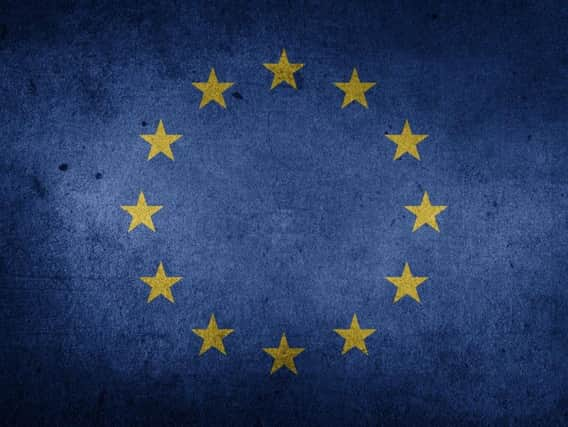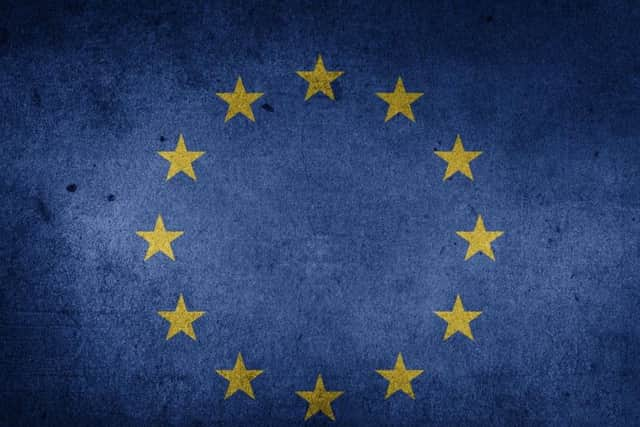What is a no deal Brexit and what are the consequences?


This has not changed.
However, the government must prepare for every eventuality, including a no deal scenario. This is self explanatory - it means the UK and the EU has been unable to reach a withdrawal agreement. But what does this mean for England, Scotland, Wales and Northern Ireland?
First of all there would be no transition period, meaning all changes as a result of leaving the EU would come into force immediately on March 29.


Advertisement
Hide AdAdvertisement
Hide AdThe transition period was set up as part of the EU Withdrawal Agreement. If this goes ahead, then the transition period would run from March 29 when we officially leave the EU up until December 2020 (although the European Union has already said it would be willing to extend the period to 2021 or 2022).
During this period, the UK would trade with the EU in the same way we do now while the two parties agree a new and permanent relationship. It would help businesses, individuals and the government to prepare for new arrangements and minimise the disruption from any changes.
If there's no deal there would be numerous changes including:
- The UK would revert to World Trade Organisation rules on trade. It would have to pay the EU’s external tariffs but would be free to negotiate its own trade deals with places such as the US. Retailers are warning that shelves in stores could be empty in the event of a no deal because Britain relies on the EU for imports. They also say EU tariffs could drive up the price of products.
Advertisement
Hide AdAdvertisement
Hide Ad- There could be long delays at borders if passport and customs checks are heightened.
- EU citizens living in the UK would have to apply to the EU Settlement Scheme to remain here.
- Professionals working in the EU might find their qualifications are no longer recognised, meaning they are no longer able to practice.
- EU laws would be transferred over so there would be no black holes in Britain’s lawbook.
Advertisement
Hide AdAdvertisement
Hide Ad- Britain would no longer have to adhere to the rulings of the European Court of Justice but it would be bound to the European Court of Human Rights, a non-EU body.
- The Government would not have to pay the annual £13 billion contribution to the EU budget. However Britain would lose out on some EU subsidies – the Common Agricultural Policy gives £3 billion to farmers.
- The issue of the border between Northern Ireland and the Republic would remain unresolved.
For two years, the government has been implementing a significant programme of work to ensure that the UK is prepared to leave the EU on March 29.
Advertisement
Hide AdAdvertisement
Hide AdAs we get nearer to that date, preparations for a no deal scenario are being accelerated to ensure plans are in place should they need to be relied upon.
The government has published a series of technical notices setting out information to allow businesses and citizens to understand what they would need to do in a no deal scenario so they can make informed plans and preparations.
Visit www.gov.uk/euexit to read the guidance.